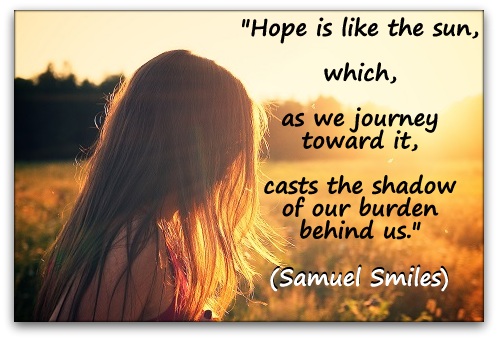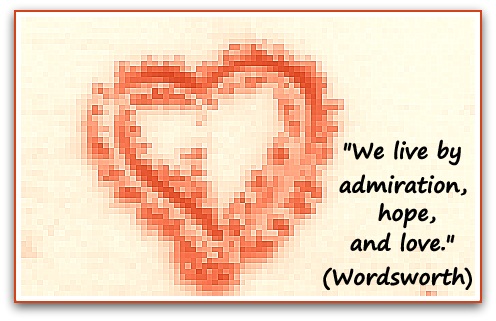Temptation or Intuition? Guiding Clients to Discern the Difference
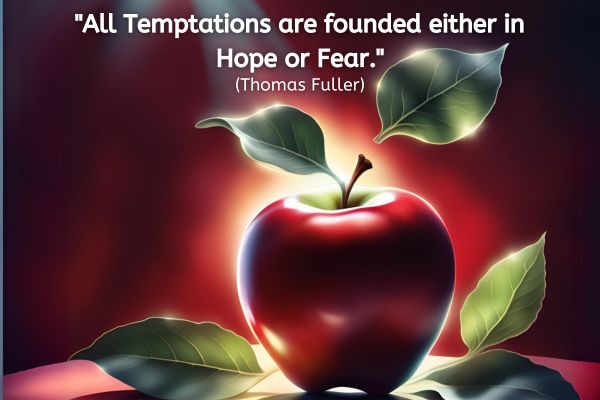
The quote of the day is:
“All Temptations Are Founded Either in Hope or Fear” (Thomas Fuller)
Thomas Fuller (1608–1661) was an English historian and clergyman known for his wit and wisdom. His writings often reflect deep insights into human nature, making this quote particularly relevant for coaching conversations.
Temptation is a compelling force, often urging action before we’ve had time to reflect. Thomas Fuller’s observation highlights how hope and fear shape our decisions. As coaches, we frequently encounter clients caught between these forces—unsure whether their next move is a genuine step forward or a reaction driven by fear. How can we help them distinguish between an intuitive nudge and a fear-fuelled temptation?
Recognizing the Voice of Intuition
Intuition often feels like a calm, quiet sense of knowing. It doesn’t demand action, but gently encourages it. In contrast, fear-driven temptation tends to feel urgent and overwhelming, pushing clients toward decisions misaligned with their deeper values. Coaches can help clients pause and explore their inner dialogue.
Key Questions to Ask:
- How does this decision feel in your body? Calm or tense?
- If fear wasn’t a factor, would you still choose this path?
- What would happen if you waited a little longer before acting?
These questions help clients differentiate between impulsive reactions and thoughtful, intuitive responses.
The Role of Hope
Hope is a powerful motivator but can sometimes be mistaken for wishful thinking. When driven by hope, clients often feel expansive and motivated. Yet hope can also lead to temptations that aim to escape discomfort rather than pursue meaningful growth.
Exploring Hope with Clients:
- What future are you envisioning? Does it align with who you’re becoming?
- Are you pursuing this path because it excites you or feels like the only option?
- How does this hope connect to what you would love?
When grounded in purpose, hope can inspire courageous action. When fuelled by avoiding pain, it may divert clients from what truly matters.
The Fear Trap
Fear often disguises itself as practicality or necessity, insisting that clients “must” act now to avoid loss. Recognising this pattern is crucial for breaking free from fear-driven decisions.
Strategies to Uncover Fear:
- Encourage clients to name their fears. What’s the worst that could happen?
- Consider the long-term impact. Will this choice still matter in a year?
- Explore alternative perspectives. Could fear be clouding judgment?
When clients acknowledge their fearful thinking, they often find clarity and courage on the other side.
Intuition as a Guide
A common outcome I see in coaching is clients learning to recognise and trust their inner wisdom. Intuition is a gift available to all of us. By distinguishing between hope, fear, and intuition, clients make choices with greater confidence and authenticity.
Final Reflection
Temptation often disguises itself as urgency, practicality, or even hope, making it difficult to discern from genuine intuition. Helping clients navigate this distinction can be transformative. By guiding them to pause, reflect, and listen to their inner wisdom, we empower them to make choices rooted in clarity and authenticity.
How do you guide clients to distinguish between intuitive nudges and fear-driven temptations? Is this distinction relevant in your coaching practice? I believe this question can spark rich conversations, helping clients tune into their deeper knowing, you guide them beyond the pull of hope or fear and toward their true path.
About Jen Waller

Jen Waller is a transformative coach dedicated to empowering individuals to get out of their own way and make a meaningful impact in the world.
If this post has intrigued you or sparked questions about distinguishing between fear, hope, and intuition in your decisions, Jen offers a supportive space to explore these insights further. Connect with her to discover how transformative coaching can guide you toward clarity, confidence, and empowered choices
Discover how Jen can support you to get out of your own way here.
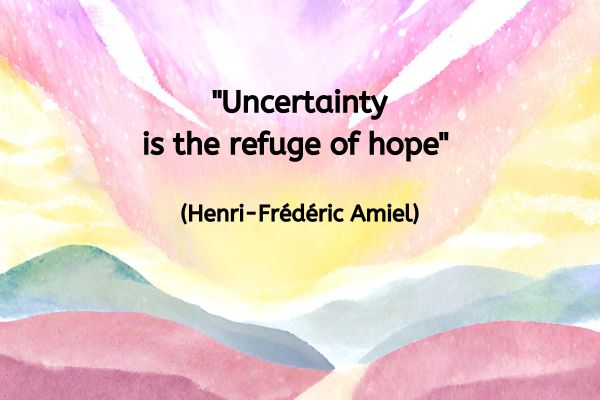

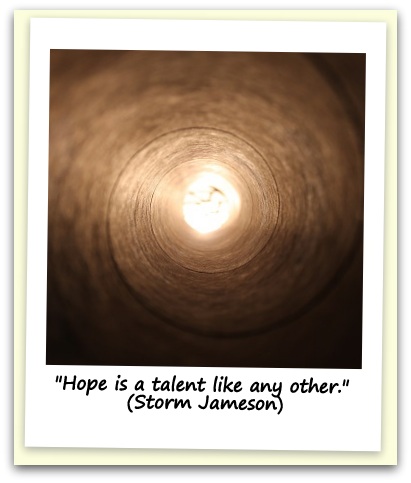
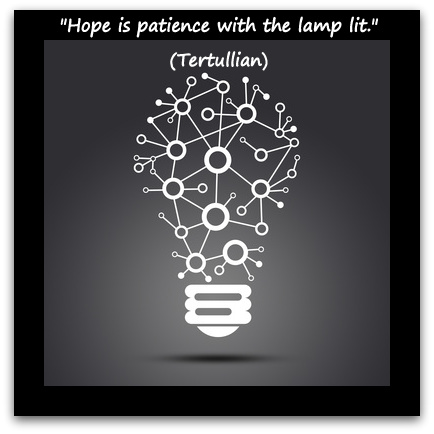
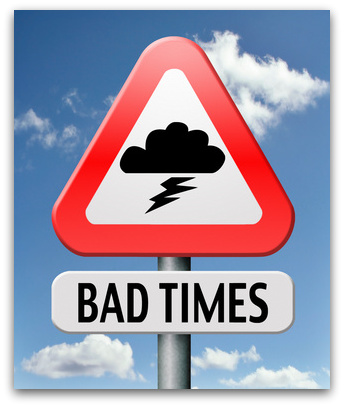
 Lodestone Books
Lodestone Books 